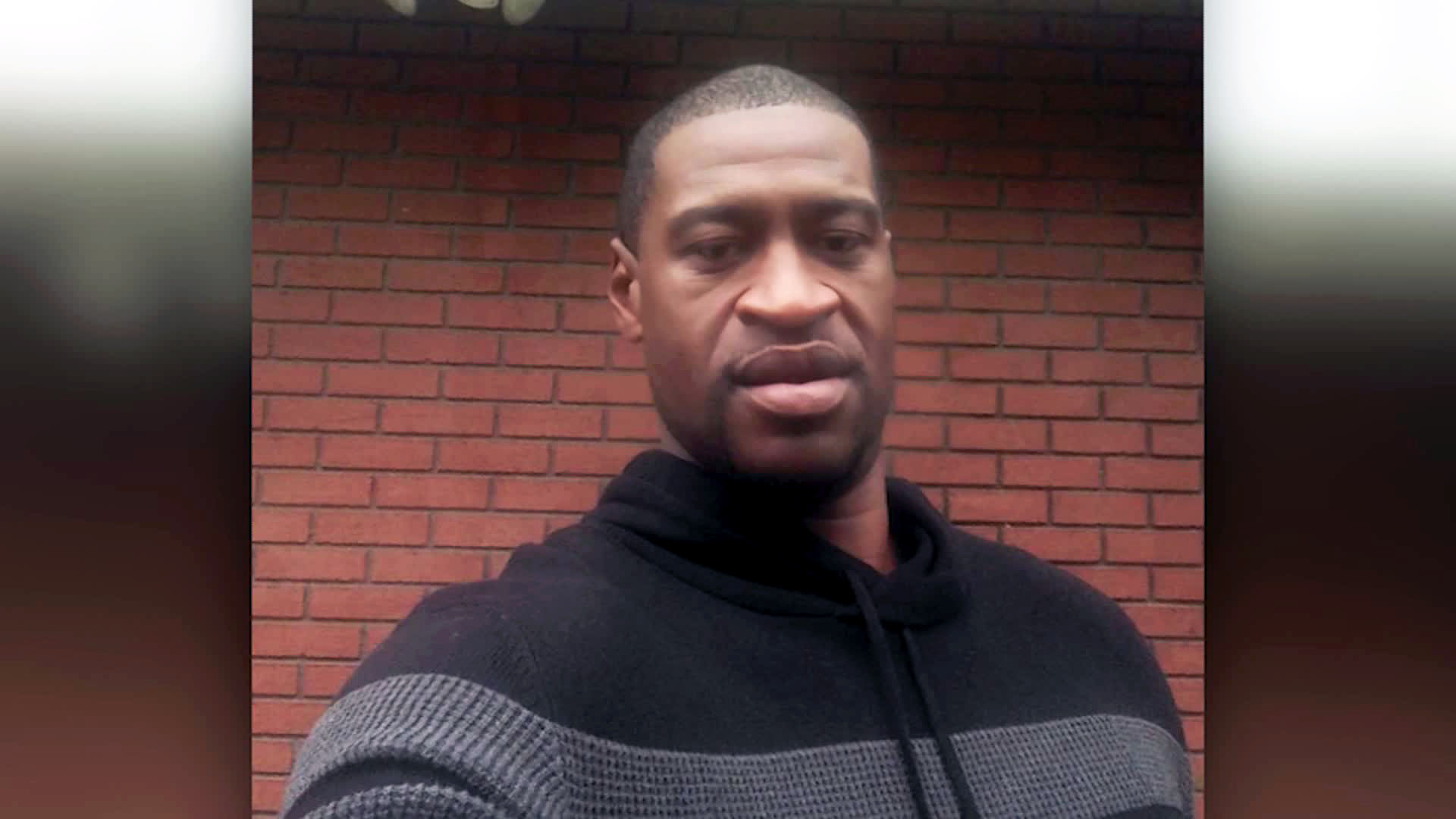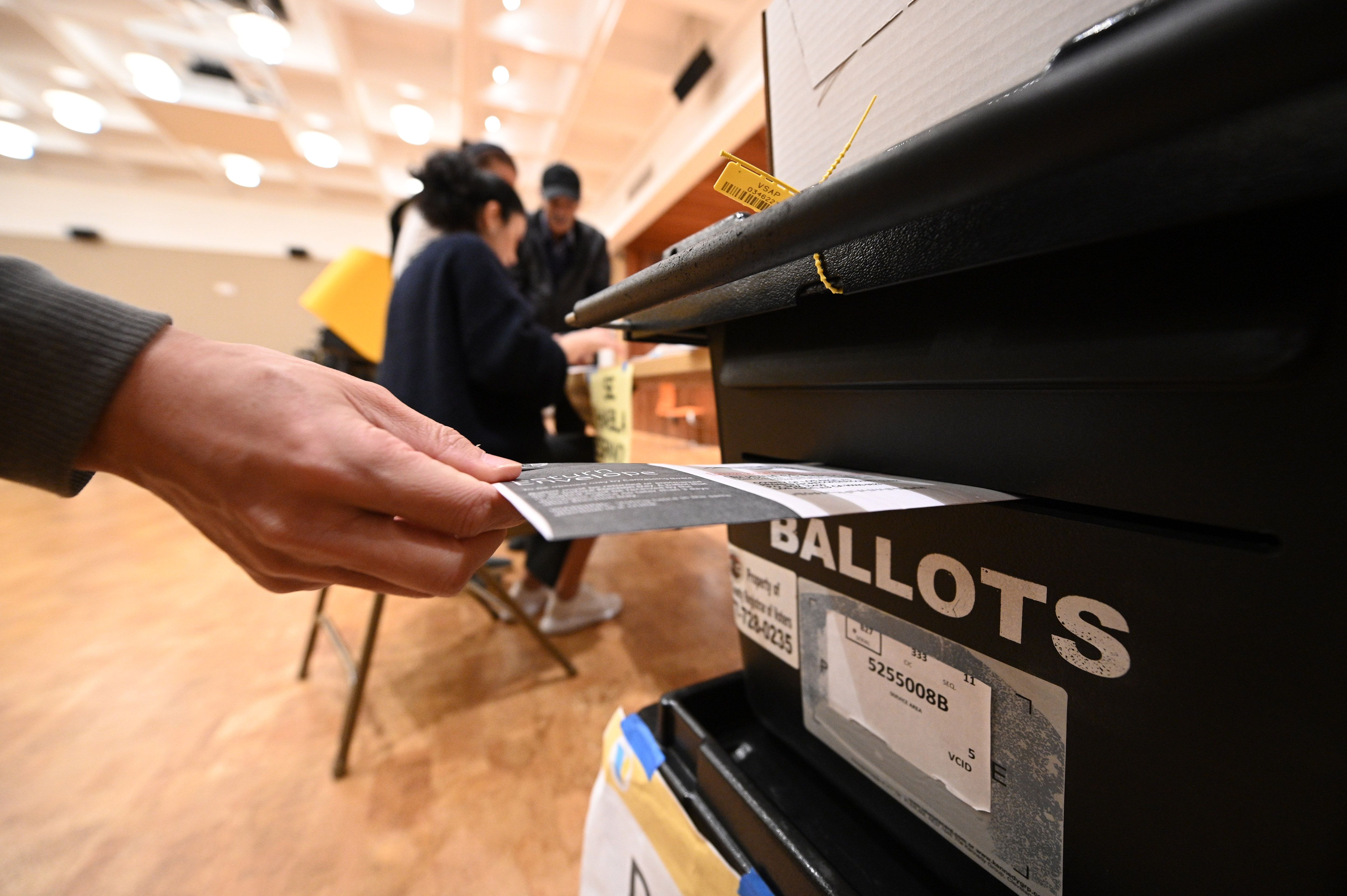OKLAHOMA CITY – Women have said it for years now – their implants are making them sick.
Symptoms range from rashes to seizures.
Meanwhile, doctors are skeptical as many women never experience a single problem with their implants.
But last month, the FDA announced they will meet to discuss the benefits and risks of implants and what’s becoming known as “breast implant illness.”
News 4 spoke to one local woman who will be closely watching as she says her implants nearly ruined her life.
Paula Wilson got breast implants 14 years ago.
She thought they’d turn her life around.
Instead, they turned it upside down.
“I had gone through cancer, my mom had passed away and my son was sick so about a year after my cancer I thought ‘I want to do something to make myself feel better,’” Wilson recalled.
After surviving thyroid cancer, Wilson got implants and a breast lift.
She felt great – at first.
“Then probably about six months into it something hit, like I had just had a stroke,” Wilson said.
Many days, Wilson was so sick she couldn’t even get out of bed.
She started having seizures and losing control of her body.
“And it got to the point where my muscles were doing their own thing, just throwing things in the air,” Wilson said. “I wasn’t allowed to pick up anything breakable because you never knew where it would end up.”
Paula was also suffering from back pain and losing weight.
She didn’t just feel different though, she looked different too.
Doctors thought maybe she had a number of things, including M.S.
They hoped an MRI would reveal some answers.
It was a frustrating time for Paula.
“Cancer – for me – the treatment was easier. I was able to function with my family,” she said.
Even after countless appointments with doctors in OKC and Dallas, still no answers.
“You do feel like it’s in your head,” Wilson said. “Like, am I causing this? Am I a hypochondriac? But, the physical sense, people are seeing it. They know that there’s something wrong. You just can’t figure out what it is.”
Along the way, Paula realized one of her implants just didn’t feel right and after 14 years of suffering she asked a doctor to take them out.
Paula remembers waking up from surgery and in that moment, everything had changed.
Her doctor also noticed.
“He said Paula, you’re different,” Wilson recalled. “Your face, your hair, you just sound different, everything about you. So he began to listen and ask me what side effects I saw because he’s seen more women come in and ask to have them taken out.”
After the explant, Paula did some research of her own and through private Facebook groups, she found a community of women going through similar problems.
“They have mold in them, they have unidentified chemicals in them, there are just so many stories that women have,” Wilson said.
Wilson wishes she knew she could have asked to see her implants when they were removed.
“And that’s something I think the medical industry does not want you to know but you need to take responsibility and say ‘I want to investigate this. I want to know what’s going on,’” she said.
According to the American Society of Plastic Surgeons, breast augmentation was the most popular procedure in 2018 with more than 310,000 patients having it done.
Some local doctors like Dr. Melinda Cail with Primary Health Partners in Edmond have seen patients with similar complaints as Paula.
“I had one patient who lost a lot of hair because of it and we couldn’t figure out what was going on until she had the implants removed and it was reversed,” Cail said.
Dr. Cail has also seen patients suffering from headaches or neurological symptoms, although she can’t definitively say those were caused by implants.
Eight years ago, the FDA identified a possible link between implants and a form of lymphoma but so far, no scientific connections have been made to all these other illnesses and symptoms.
There is a push for more research, though.
Our NBC affiliate KXAS in Dallas spoke to Dr. William Adams.
He is on a newly-formed breast implant illness task force with the American Society of Plastic Surgeons.
“It is something of interest to us, as the doctors of these patients and being an advocate of our patients,” Adams told KXAS.
Meanwhile, women like Paula are demanding answers.
“Their scientific proof is that there are thousands of women that are sick every day and there is no answer except that they all have that one thing in common,” Wilson said. “They have implants or had implants.”
They’re hoping others will hear their warning before getting implants.
The breast implant illness task force will follow breast implant patients for more than 10 years.
We spoke to Paula’s plastic surgeon who removed her implants, Dr. Derek Shadid in Oklahoma City.
He wasn’t available to go on camera but says he has seen lots of women never have a problem with their implants but strange symptoms have improved for many others, just like Paula, after explant surgery.
However, he says there’s still no scientific link.
He, like many doctors, is questioning if it’s just their body’s reaction to a foreign object and is looking forward to the results of this upcoming study.
Just today, the FDA issued warning letters to two breast implant manufacturers for failure to comply with post-approval study requirements.
The FDA issued warning letters to Mentor Worldwide LLC of Irvine, California, and Sientra, Inc. of Santa Barbara, California. Every manufacturer of approved silicone gel-filled breast implants is required to conduct post-approval studies to further evaluate safety and effectiveness of the products and to answer additional scientific questions about the long-term safety and potential risks of breast implants that their premarket clinical trials were not designed to answer.
You can read the full release here.

























